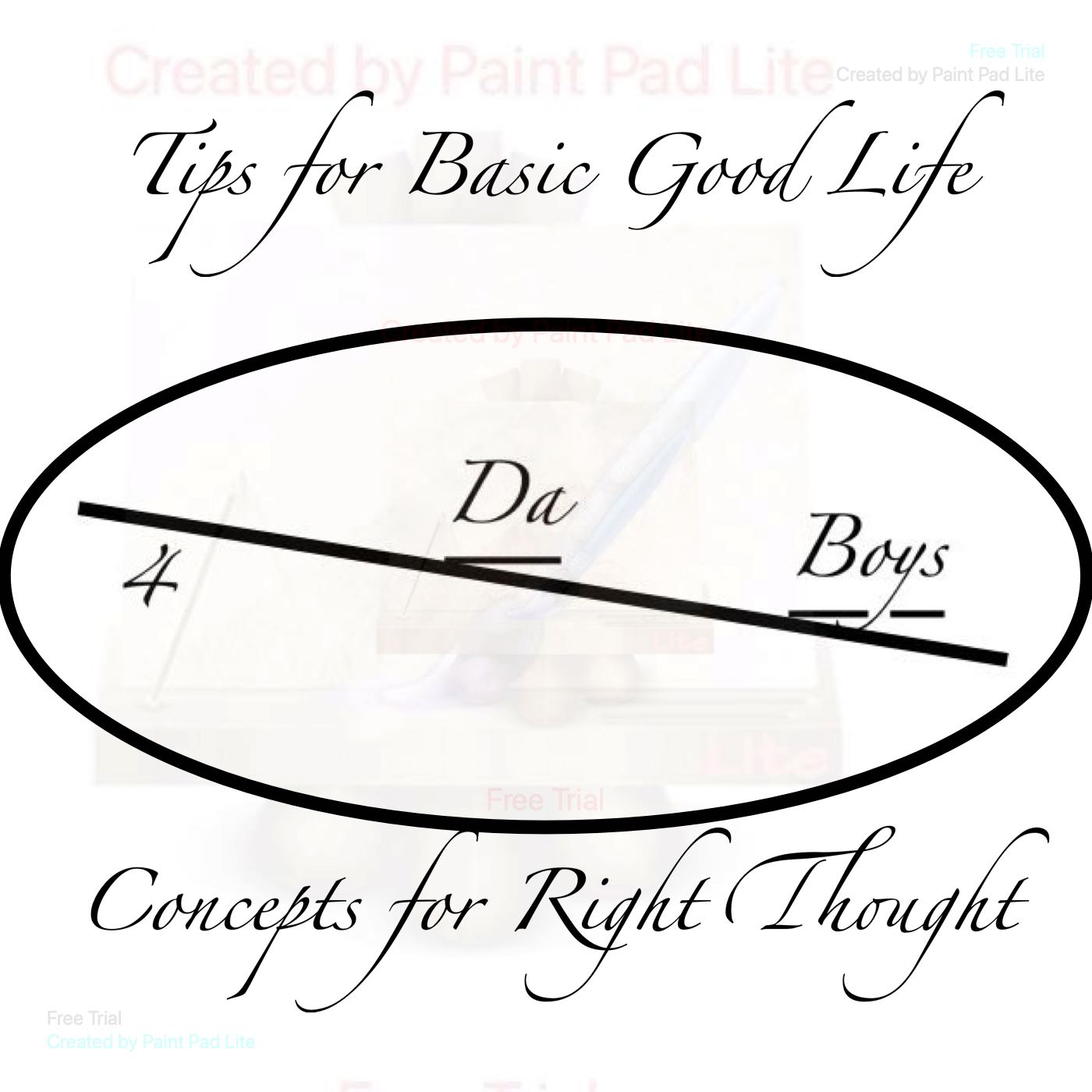Tariffs and Islam
- Author
- Jim and Grok
- Published
- Wed 06 Aug 2025
- Episode Link
- http://sites.libsyn.com/587780/tariffs-and-islam
Trump’s tariff negotiations and Islam’s historical expansion through conversion or death are two wildly different beasts, but both hinge on high-stakes choices with big consequences. Trump’s approach to tariffs is like a global poker game. He slaps on steep rates-sometimes 15% to 25% or more, like with Japan or Vietnam-to pressure countries into cutting deals. It’s economic brinkmanship: pay the tariff or negotiate a trade agreement that favors the US.
The strategy’s messy, often unpredictable-nobody, not even Japanese officials, seems to know what Trump really wants. Some countries, like the EU, bite the bullet and settle for lower tariffs, like 15%, to avoid worse outcomes. Others, like Vietnam, haggle down from 46% to 20%. It’s coercion through economic pain, but it’s not a guillotine-it’s a bargaining chip.
Markets get rattled, allies get annoyed, but Trump’s betting the short-term chaos forces long-term wins for American trade. Now, Islam’s early expansion, particularly in the 7th and 8th centuries, often involved offering non-Muslims a stark choice: convert, pay a tax called jizya, or face battle. This wasn’t a universal rule-context varied by region and ruler-but in places like the Arabian Peninsula or during conquests in Persia and Byzantium, it was a real tactic.
The threat of death or submission wasn’t just about spreading faith; it was about consolidating power, unifying diverse tribes, and funding empires through tribute or conquest. Unlike tariffs, this was existential-your life or your soul was on the line, not just your economy. But like Trump’s tariffs, it was leverage: a calculated way to push people toward a desired outcome, whether faith, loyalty, or resources.
Both strategies use fear of loss to force compliance, but the stakes and tools differ. Trump’s tariffs hit wallets and trade balances; they’re temporary, negotiable, and about money. Islamic expansion’s choices were often about survival or identity, with far less room for haggling. Trump’s unpredictability keeps trade partners guessing, while Islam’s early ultimatums were clearer-convert or else.
One’s a modern economic gamble; the other was a medieval power play. Both leave you wondering how far the pressure can go before it backfires. That’s the comparison-different eras, different stakes, same game of pushing limits.
Music by Pufino
